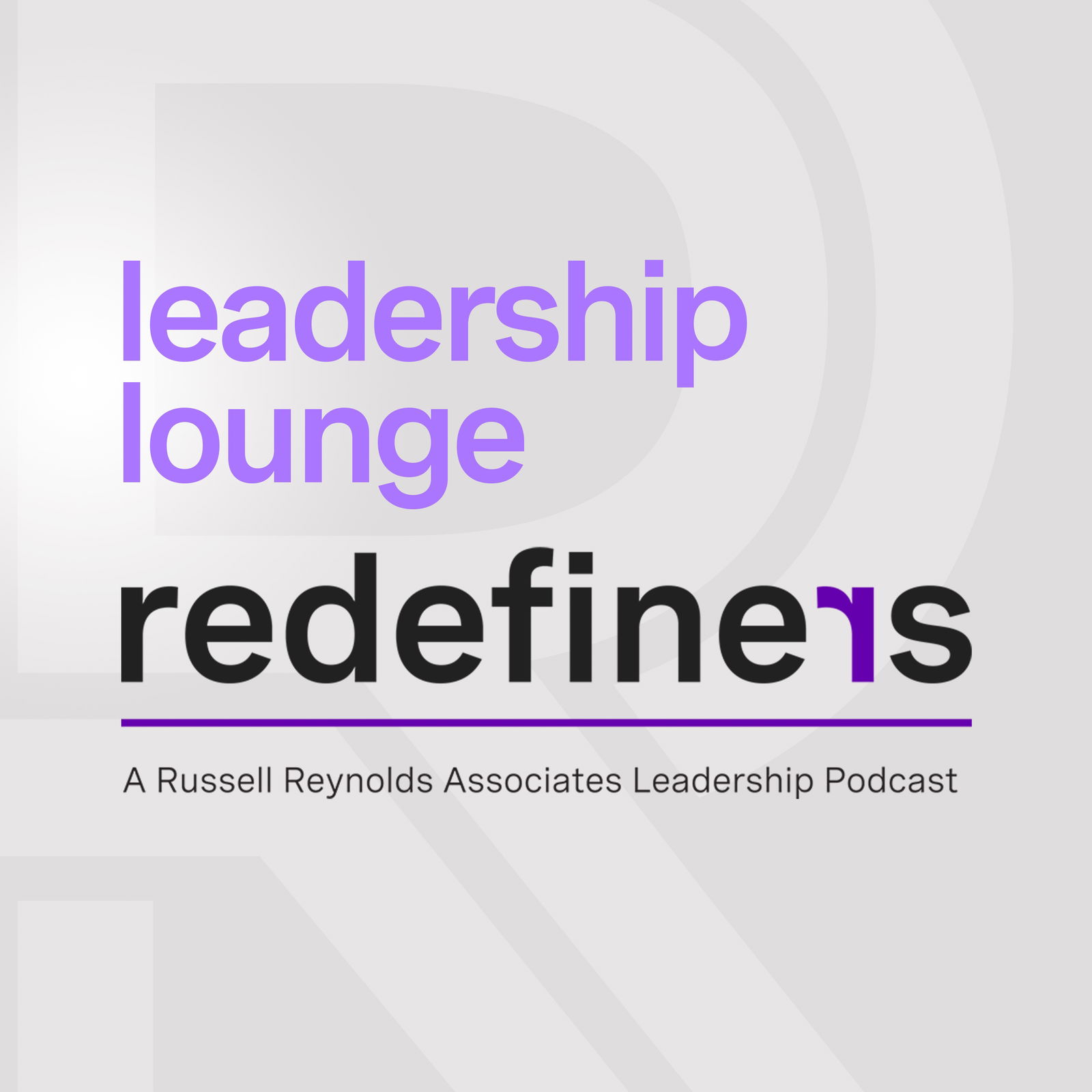Leadership Lounge: How to Future-Proof Your Leadership
Podcast: RedefinersPublished On: Wed Oct 09 2024
Description: Leaders today are operating in a business landscape with new issues, expectations, and pressures to contend with. This new world demands a new breed of leader.So, how can you become a future-ready leader? What key skills will help you stand out and succeed in a fast-changing world? How can hiring managers identify whether leaders are ready for the role today—and are able to continue to develop and succeed in the role long-term?In this episode of Leadership Lounge, we talk to some of our trusted advisors—Erin Zolna, Tobias Bothe-Hutschenreuter, and Dana Landis—who share their perspectives on: The four foundational skills that are important for leaders to succeed today.How leaders can boost their staying power in the role through self-awareness and making time for reflection.Why continuous development is critical—no matter how senior a leader is. The knock-on impact for diversity when hiring managers hire for potential and experience.Four things you’ll learn from this episode When hiring your next leader, look at their readiness for the role today, but also their capacity to grow and evolve for when the operating environments inevitably shift. Curiosity, resilience, systems thinking, and social intelligence are key skills that you will want to ramp up to succeed in the long term.The higher up you go in an organization, the less likely you are to think about yourself as someone who is growing and developing. But it’s important you continue to look for learning opportunities. Having a purpose and knowing your values as a leader is critical to not only your longevity, but the legacy you leave at an organization. A closer look at the research from this episode: The Future of LeadershipSeason 4 - Ep. 10 | Driving Transformation with Volvo Cars President and CEO Jim Rowan | Redefiners - Podcast Series | Russell Reynolds AssociatesGlobal Leadership Monitor CEO Turnover Index Power, Influence, and CEO Succession (hbr.org)
The note was deleted
The note was saved
Your message was sent
